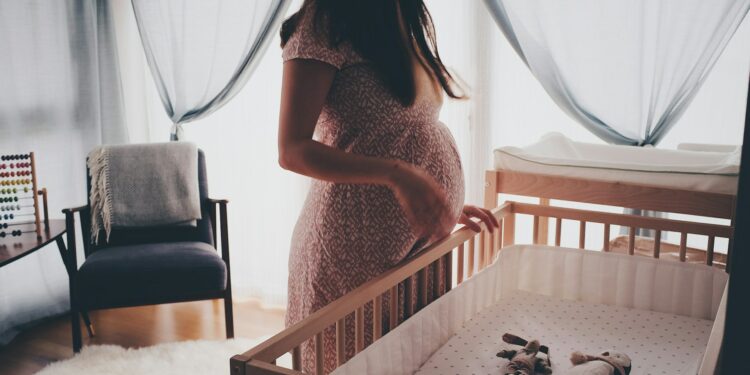This is a surprising effect.
Pregnancy induces significant physiological changes in women’s bodies, and emerging research suggests it may also hasten the aging process.
According to a genetic analysis, women who have experienced pregnancy exhibit signs of being biologically older compared to those who have never been pregnant. Moreover, the study revealed a correlation between the number of pregnancies and accelerated aging.
Lead researcher Calen Ryan, from the Columbia University Aging Center, highlighted the significance of these findings, noting that the effects of pregnancy on biological aging are noticeable even in young women with high fertility rates. The study, which tracked over 1,700 individuals in the Philippines, utilized advanced genetic techniques, specifically “epigenetic clocks,” to assess cellular aging and track changes in biological age over time.
The observed relationship between the number of pregnancies and biological aging persisted even after considering other factors known to contribute to accelerated aging, such as socioeconomic status, smoking, and genetics. Interestingly, no similar correlation was found in men, suggesting that pregnancy or breastfeeding may have specific effects on biological aging unique to women.
Ryan suggested that pregnancy during adolescence, a period of continued physical development, could impose particular challenges on a woman’s body, especially in the absence of adequate healthcare and support resources.
While the study sheds light on the association between pregnancy and accelerated aging, further research is needed to understand the underlying mechanisms and potential long-term implications for women’s health in old age. Ryan emphasized the importance of investigating how accelerated epigenetic aging may manifest in terms of health outcomes and mortality later in life, underscoring the need for continued research in this area.

































Discussion about this post